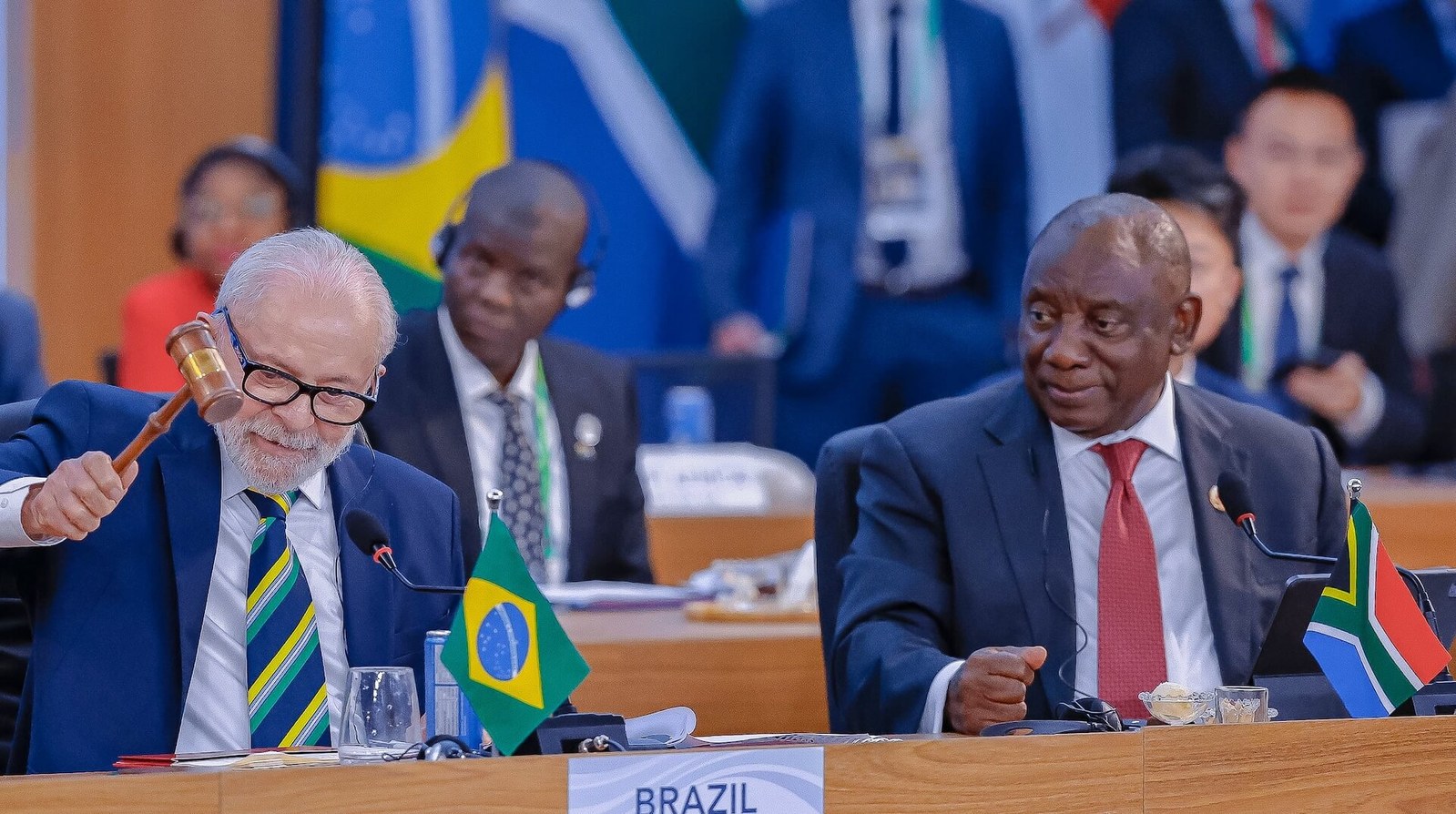In a historical declaration, G20 Leaders commit to taxing billionaires, tackling inequalities, and taking climate action
The Rio de Janeiro Declaration emphasizes the taxation of billionaires, energy transition, support for COP30 in Brasil, and solutions to global challenges, with a focus on sustainable growth and the fight against poverty. Support for unprecedented themes in the forum marks the Brazilian presidency.

By Mara Karina Sousa-Silva/Site G20 Brasil
The declaration addresses social inclusion, the fight against hunger and poverty, the taxation of billionaires, measures for the energy transition, the global governance reform, and the acceleration of climate action, while also supporting COP30 (United Nations Framework Convention on Climate Change) in 2025, which will be held in Belém, Brasil. These are the central commitments of the historic G20 Leaders' Declaration in Rio de Janeiro, released on Monday, November 18.
The document, which achieved consensus among all member countries, reinforces the group's commitment to addressing global challenges and promoting strong, sustainable, and inclusive growth. Within the declaration, leaders reaffirm their dedication to crucial issues that shape the global future.
Leaders emphasize the importance of coordinated actions to combat climate change, promote just energy transitions, and preserve the environment. They also stress the need for comprehensive reform in global governance, including strengthening the United Nations, modernizing the international financial system, fostering an inclusive multilateral trading system, and promoting the ethical development of artificial intelligence.
Brand of the Brazilian presidency
Among the key agenda items related to social inclusion and fighting hunger and poverty, the declaration highlights the launch of the Global Alliance Against Hunger and Poverty, support for progressive taxation, and the commitment to appropriate taxation of billionaires. For the first time in the forum's history, the G20 has committed to mobilizing resources for basic sanitation and access to drinking water, as well as addressing racism and promoting racial equality as part of the effort to combat inequalities.
Reinforcement of climate action
G20 leaders highlighted the urgency of global mobilization against climate change, reaffirming commitments to the Paris Agreement and carbon neutrality goals. They underscore the importance of increasing both public and private green financing, especially for developing countries, and argue that reforming the international financial architecture is essential for supporting climate action.
Furthermore, the leaders endorsed ongoing COP29 negotiations in Baku, Azerbaijan, and expressed their support for the upcoming COP30, which will take place in 2025 in Belém, Brasil. The G20 also demonstrates support for a New Quantified Collective Objective for Climate Financing (NCQG).
On the energy transition front, the declaration calls for investments to aid developing countries and reaffirms the commitment to phasing out inefficient fossil fuel subsidies, alongside efforts to accelerate fair, clean, and sustainable energy transitions.
*Translated by PGET-UFSC